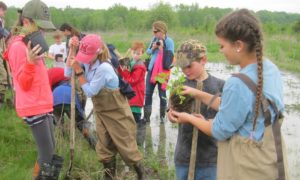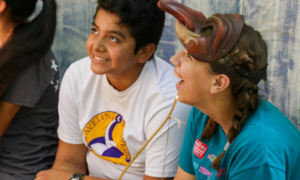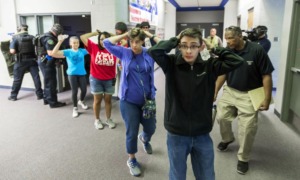 A3DESIGN/SHUTTERSTOCK
A3DESIGN/SHUTTERSTOCK
Gun violence in Maryland disproportionately impacts young Black and brown men and, increasingly, women. It is important that gun violence prevention organizations look beyond traditional efforts to curb gun violence. In light of the murders of George Floyd, Breonna Taylor and many other individuals who have experienced police violence, advocates of violence prevention must address the growing concern of police violence and offer alternatives to community policing.
Marylanders to Prevent Gun Violence has led the charge on that front, joining with The Community Justice Action Fund to create The Maryland Violence Prevention Coalition (MVPC).
MVPC is a statewide coalition of organizations with the joint mission of reducing violence and improving living conditions in underserved Maryland communities. Using a community-led approach, we seek to empower the voices often neglected and educate elected officials and the public about urgent community needs.
The coalition was initially formed in 2018 to coordinate education and advocacy efforts to support state Delegate Brooke Lierman’s legislation to establish the Maryland Violence Intervention and Prevention Program (VIPP). It reconvened in early 2020 to support Lierman and state Sen. Jill Carter’s bill (HB822/SB708), to establish baseline state funding for the program after it was left unfunded by Gov. Larry Hogan in 2019.
The 2020 bill called for modest funding of community-based violence reduction strategies like Baltimore’s Safe Streets program, Roca and hospital-based violence intervention programs as well as alterations to strengthen the Advisory Council and evaluation components of VIPP. Lierman was able to bring together a diverse group of organizations and individuals with a shared interest in expanding these public health approaches to violence reduction and successfully advocated for, and passed, $3 million in funding for VIPPs.
In the wake of the abrupt and early end to the 2020 session, we realized that there was real value in creating a space for these organizations to continue conversations around their interlocking but independent areas. Unfortunately, Hogan vetoed the funding bill along with many other criminal justice reform and public safety bills.
Public safety approach must evolve
Despite the setback, the growing coalition continues to share information and collaborate on advocacy and education during the dual public health crises of COVID-19 and violence. As the country is engaged in conversations about reimagining a comprehensive public safety strategy based on public health and prevention, rather than failed enforcement and suppression, we find ourselves in a moment where the work we are doing every day is suddenly at the forefront of conversations about change.
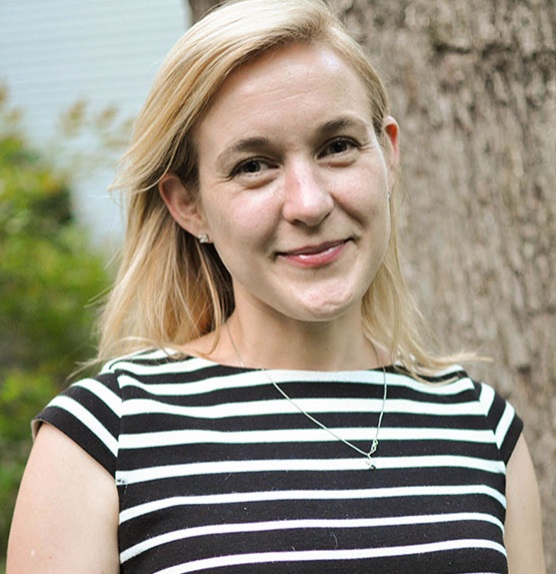
Liz Banach
However, these strategies and approaches are often discussed inaccurately and with outdated information. We have an opportunity to truly overhaul our local, state and national approach to public safety. We must prioritize strategies focused on prevention and intervention that promote safety, health and well-being in communities disproportionately impacted by violence and a long history of discriminatory policies and practices.
The Maryland Violence Prevention Coalition seeks to elevate the work of groups that are on the ground in Baltimore and across Maryland seeking to prevent and interrupt violence. MVPC is composed of more than 25 community members including activists, social service providers, health care practitioners, survivors of gun violence, policy advocates, legislators, concerned citizens, violence prevention practitioners, researchers and scholars.
Researchers have proven that when properly implemented and run these violence intervention prevention models effectively reduce rates of violence. Roca, one of MVPC’s members, uses cognitive behavioral therapy (CBT) to work with young men in their late teens and early 20s. CBT-based techniques that may strike some of us as simple, such as learning to label your feelings, are key to assisting these young men in their quest to break the cycle of violence.
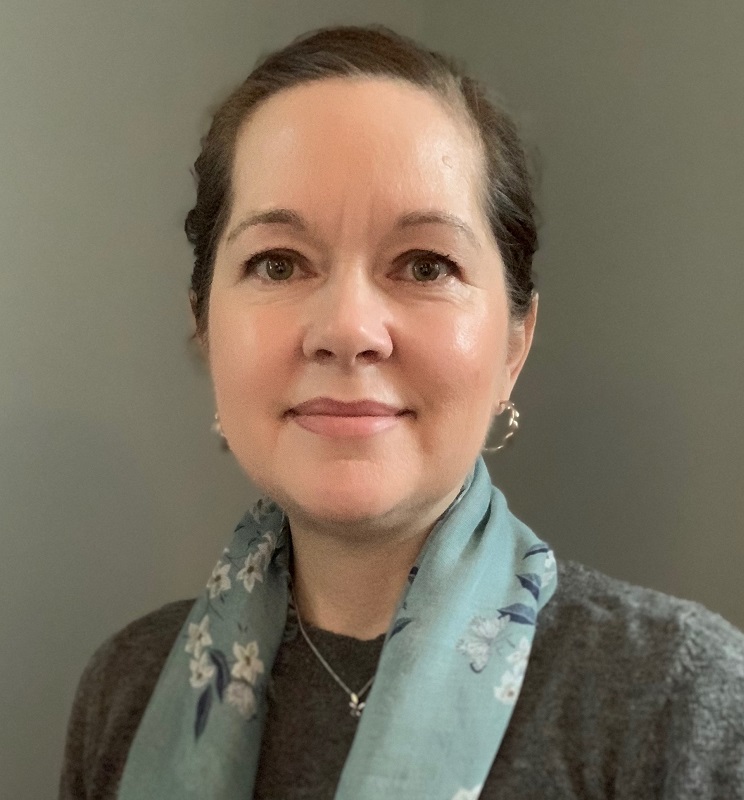
Karen Herren
James “JT” Timpson, the director of youth works and crisis intervention at Roca in Baltimore, outlined the impact of these programs most effectively: Our work is about “the transformation of relationships to give him [one of the young men with whom he works] a safety net to feel vulnerable.” Most young men in Baltimore come from backgrounds where displaying vulnerability and discussion of emotions are taboo. JT and his team help these young men overcome these emotional obstacles.
Sherman, one of Roca’s many success stories, was incarcerated twice and survived being shot 12 times. Roca intervened and taught Sherman the skills to more effectively manage his life. Today, he works full time at a local ice cream store.
Our recommendations
These personal stories fuel the Coalition’s work. The Coalition meets monthly to develop policy recommendations, advocate for legislation and funding to reduce violence, as well as promote systemwide changes and approaches necessary for communities most impacted by violence to thrive. We believe that Maryland will not arrest or prosecute our way out of our challenges with violence. Many root causes of violence are the result of generational trauma, structural racism, denials of opportunity and systemic underinvestment in our state’s youth, families and communities.
As policymakers and political leaders explore innovative ways to direct resources beyond policing, MVPC strongly recommends that funds for public safety be directed toward saving lives in Black and brown communities most impacted by violence through investments in evidence-based programs. These programs not only reduce violence and enhance public safety but also improve social and health outcomes across entire communities.
We recommend investing in four major areas to reduce gun violence in Maryland and nationally:
- Funding community-based violence intervention and prevention organizations,
- Funding cognitive behavioral therapy programs targeting those most at risk,
- Funding violence survivor support services and resources,
- Funding hospital-based violence intervention programs.
Including these program areas and public health approaches in the larger discussions taking place is critical to finding a path toward improved public safety and beginning the long process of addressing the inequity in our criminal justice system.
Liz Banach— a hunter’s daughter — is executive director of Marylanders to Prevent Gun Violence. She is proud to be at the helm of an organization that focuses its attention and resources on those individuals who are disproportionately affected by gun violence: people who use a gun to commit suicide and young men and women of color living in urban areas.
Karen Herren, J.D., is the legislative director for Marylanders to Prevent Gun Violence. She practiced law in California and Washington, D.C., with experience in criminal prosecution and defense, commercial litigation and agency law.


